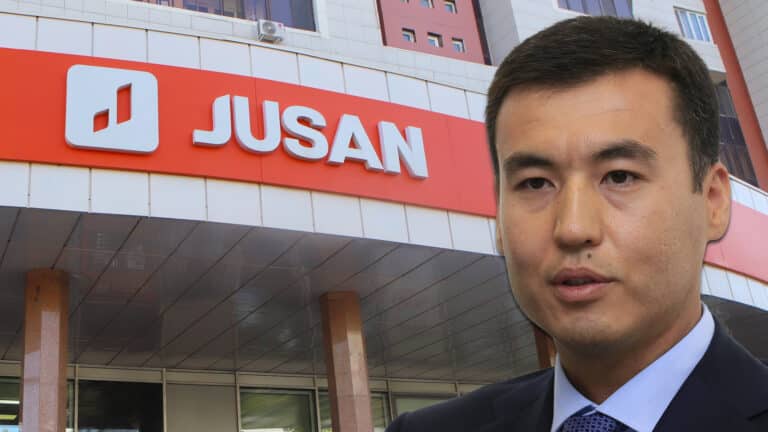
Shares of Terns Pharmaceuticals, a biotech company with a market capitalization of $641.8 million, surged nearly 17% on Monday, September 9. The trigger was clinical trial results showing that more than half of the patients using the highest dose of the company’s oral weight-loss drug lost 5% of their body weight in just one month, reports Barron’s. Terns is vying for a share of the weight-loss drug market, which is currently dominated by Eli Lilly and Novo Nordisk.
Details
On Monday, Terns Pharmaceuticals stock rose 16.77% on the Nasdaq to $9.12 per share, marking the highest closing price since mid-July.
Terns was up as much as 28.8% during the day at $10.06 per share — the highest mark since June last year.
Since the beginning of the year, the stock has gained more than 40%, with the growth over the last 12 months at about 63%. The average target price among seven analysts covering Terns is $18.33 per share, more than double the last closing price.
What triggered the gains
On Monday, the company announced positive phase I trial results for its weight-loss pill. The 28-day study focused on the drug’s safety and tolerability in adults with obesity or excess weight. Participants took the pill once a day, gradually increasing the dosage.
At the top dose, 67% of participants lost at least 5% of their baseline body weight. Phase II clinical trials are scheduled for 2025.
Context
The weight-loss drug market is dominated by U.S.-based Eli Lilly with its Zepbound drug and Denmark’s Novo Nordisk with Wegovy. These medications were initially designed to treat type 2 diabetes but proved effective against obesity as well. In 2023, the hype around these drugs propelled Novo Nordisk past LVMH, the owner of the Louis Vuitton and Christian Dior brands, to become the most valuable company in Europe, while Eli Lilly surpassed Tesla in market capitalization in January, becoming the world’s most valuable pharmaceutical company.
Other companies are trying to break into the market. For example, Switzerland’s Roche has announced promising results in an early trial of its weight-loss drug.
Almost every weight-loss drug currently on the market has to be injected, with the only oral one, made by Novo Nordisk, less effective. Still, tablets are the biggest prize, as they could prove crucial for patients aiming to keep off the weight lost through injections, notes Barron’s. Companies like Structure Therapeutics and Viking Therapeutics are also working on such drugs. Another small company, Canada’s Lexaria Bioscience, with a market capitalization of $53.6 million, aims to use its technology to make Zepbound and Wegovy into pills.













